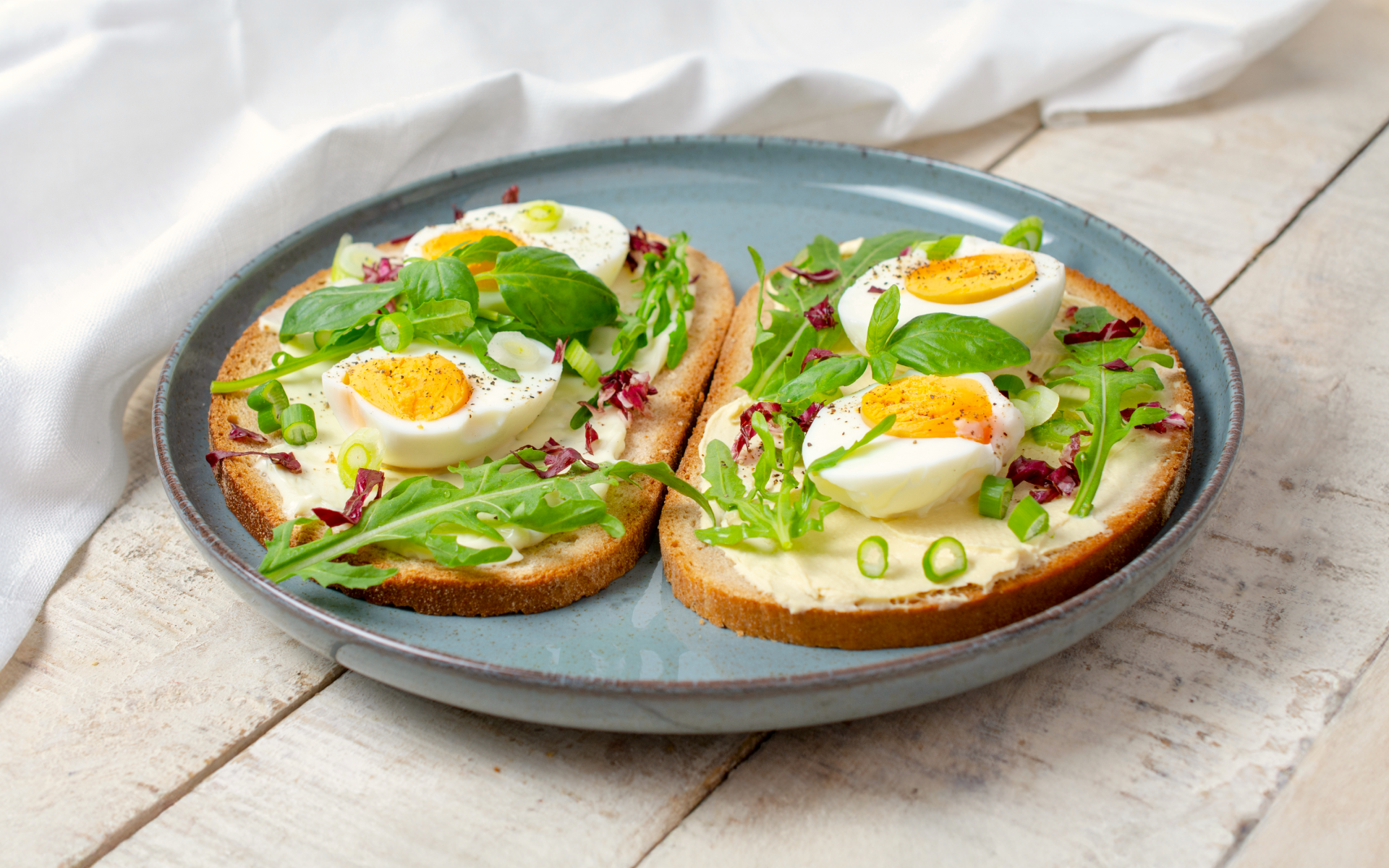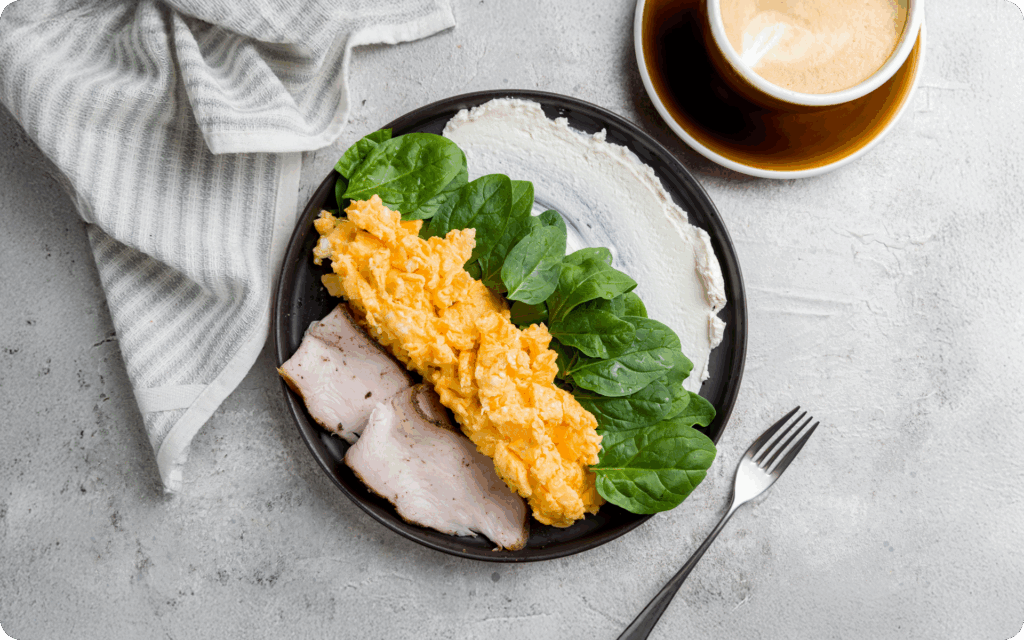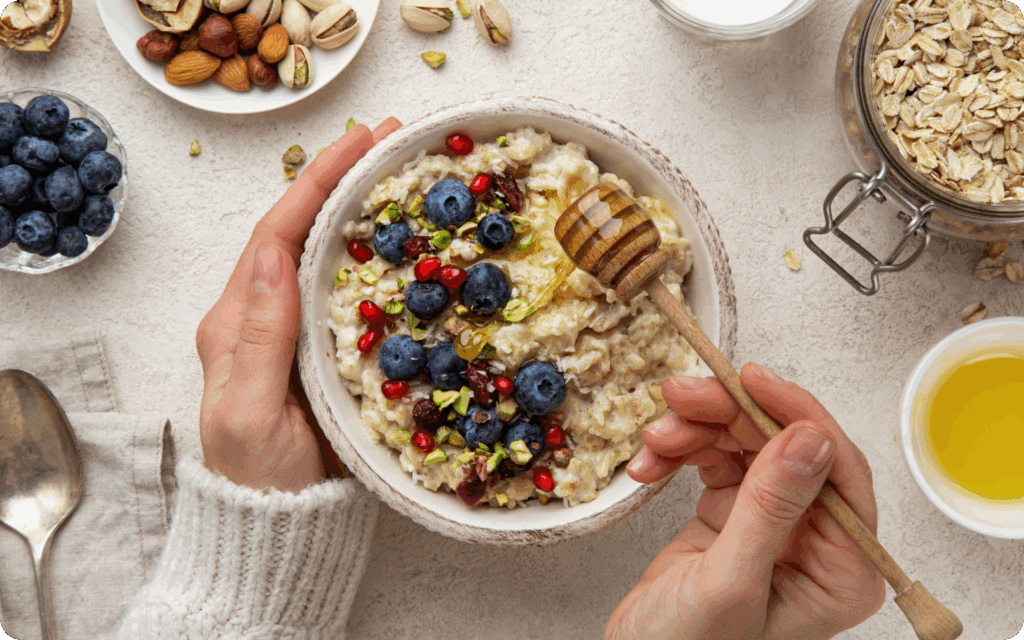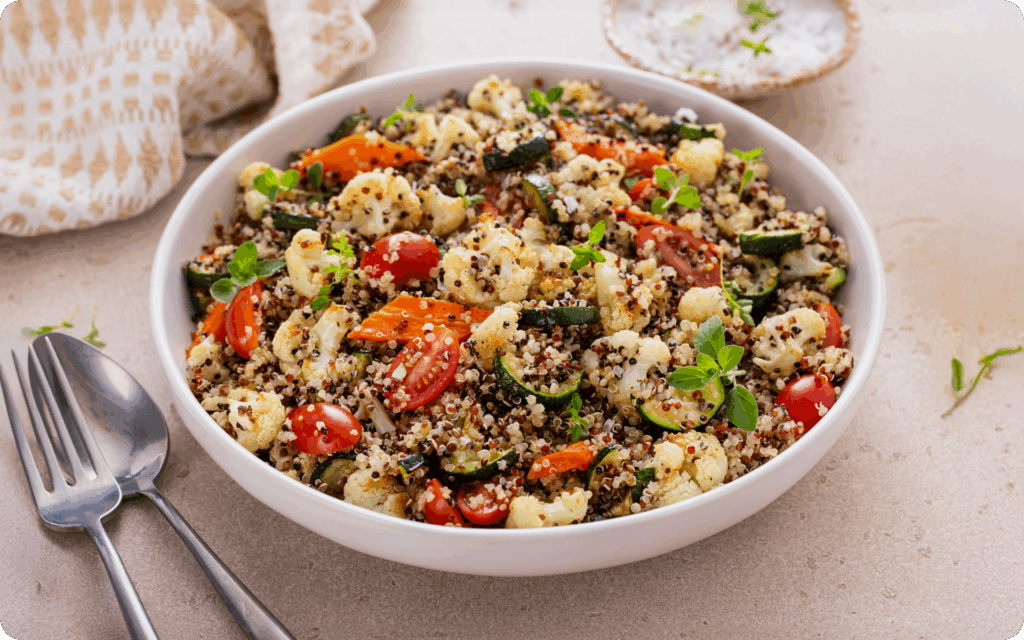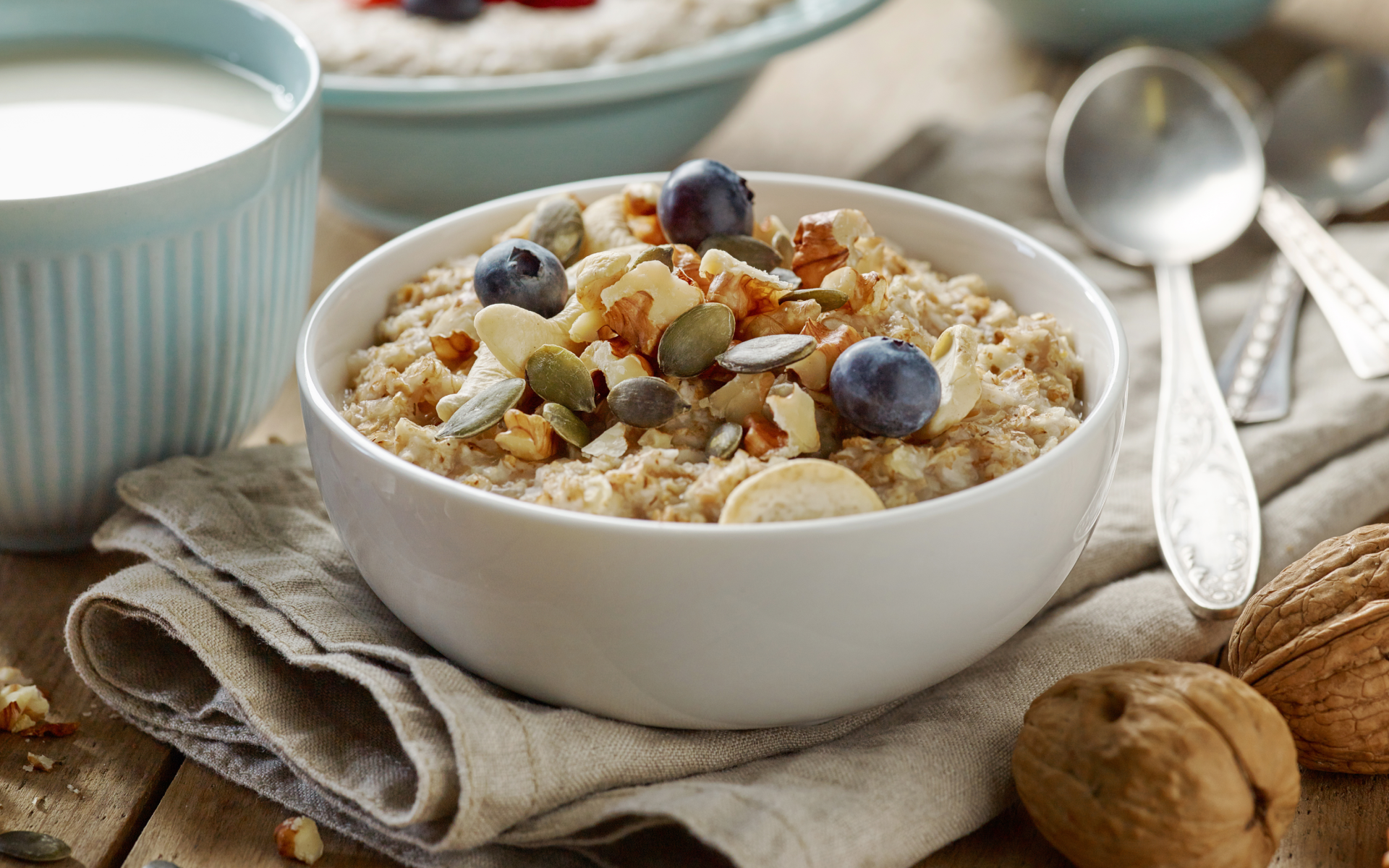The Mediterranean diet is lauded for its benefits: it is believed to lower the risk of heart disease, support healthy blood sugar levels, support your liver, and maintain the balance of your gut bacteria in your digestive system.
If you’re a vegetarian, this diet is an especially win-win case for you, as it prioritizes whole grains, legumes, vegetables, healthy fats, and fruits. Lots of Mediterranean diet vegetarian recipes allow non-meat eaters to savor delicious treats, giving diversity to their everyday meals.
Your simple review of the Mediterranean diet vegetarian unlocks effective ways to fit it into your eating toolbox and enjoy every bite of your favorite meal.
Can I Do a Mediterranean Diet as a Vegetarian?
Absolutely, as a vegetarian, you can easily fill your plate with foods that are celebrated in the Mediterranean diet. The Mediterranean diet is already very plant-focused, traditionally with some fish and limited animal products. Focus on the plant-based options, substituting fish and meat with vegetarian protein sources.
In this case, your personal Mediterranean diet vegetarian food list will look like this (1):
- Vegetables: Spinach, kale, eggplant, zucchini, tomatoes, cucumbers, carrots, beets.
- Fruits: Berries, apples, oranges, bananas, grapes, figs, watermelon, pears.
- Legumes: Chickpeas, lentils, beans, kidney beans.
- Whole grains: Bulgur, farro, quinoa, whole grain pasta, oats, millet, brown rice.
- Nuts and seeds: Almonds, walnuts, chia seeds, cashews, hazelnuts, sesame seeds.
- Dairy: Feta, Greek Yogurt, cheese.
- Healthy Fats: Olive oil, avocado.
- Herbs and Spices: Basil, oregano, rosemary, garlic, turmeric.
- Plant-based protein: tofu, tempeh, and edamame.
Mediterranean and vegetarian eating patterns share similar characteristics, encouraging people to ingest more vegetables, fruits, legumes, and whole grains (2). This connection cultivates lots of ideas that you could add to your Mediterranean diet vegetarian menu. If you’re curious about Mediterranean diet meal prep, check out our earlier article.
What Do People Eat for Breakfast on the Mediterranean Diet?
The following easy vegetarian Mediterranean recipes will complement your breakfast rituals, filling them with protein, fiber, and healthy fats.
Feel free to prep these meals not only for breakfast, but also lunch or dinner, as their fulfilling values leave everyone satiated:
Breakfast Idea #1: Vegetable Omelets
Ingredients:
- 2 eggs
- 1 cup refrigerated or frozen egg product, thawed
- ½ ripe avocado, pitted, peeled, and chopped
- ½ cup no-salt-added diced tomatoes with basil, garlic, and oregano, well drained
- ½ cup cucumber, chopped and seeded
- ½ cup chopped yellow summer squash
- 1 teaspoon dried basil, crushed
- 2 tablespoons water
- ¼ teaspoon salt
- ¼ teaspoon ground black pepper
- ¼ cup shredded cheese
- 1 snipped fresh chives
Preparation:
- Combine the tomatoes, squash, cucumber, and avocado in a bowl and then set it aside.
- Whisk the eggs, egg product, water, basil, salt, and pepper in another bowl.
- Heat an 8-inch nonstick skillet with cooking spray over medium.
- Pour in 1/3 cup egg mixture, stirring gently until the eggs are set, but still shiny.
- Spoon 1/2 cup of the vegetable filling onto one side, fold the omelet, and transfer to a plate.
- Repeat for 4 omelets.
- Top each with 1 tablespoon of cheese and optional chives.
Nutritional value per 1 omelet
Calories: 128; Protein: 12 grams; Fiber: 4 grams; Carbs: 7 grams; Fat: 6 grams (3).
*If you’re vegan, swap the eggs for tofu and turn it into a scramble. Either omit the cheese or use a plant-based alternative.
Breakfast Idea #2: Egg Sandwiches with Rosemary, Tomato, and Feta
Ingredients:
- 4 eggs
- 1 medium tomato, cut into 8 thin slices
- 4 tablespoons reduced-fat feta cheese
- 4 multigrain sandwich thins
- 2 cups fresh baby spinach leaves
- 4 teaspoons olive oil
- 1 tablespoon snipped fresh rosemary or 1/2 teaspoon dried rosemary, crushed
- ⅛ teaspoon kosher salt
- Freshly ground black pepper
Preparation:
- Preheat the oven to 375°F. Split the sandwich thins, brush with 2 teaspoons of olive oil, and toast for 5 minutes until crisp.
- Heat the remaining oil and rosemary in a skillet over medium-high heat. Cook the eggs for 1 minute until the whites set; break the yolks, flip, and cook through.
- Layer the bottom halves with spinach, tomato slices, an egg, and 1 tablespoon of feta.
- Season, then top with the remaining halves.
Nutritional value per 1 sandwich:
Calories: 242; Protein: 13 grams; Fiber: 6 grams; Carbs: 25 grams; Fat: 12 grams (4).
*If you’re vegan, turn this into a wrap using beans instead of eggs and a plant-based alternative for the feta.
Breakfast Idea #3: Peanut Butter Banana Oatmeal
Ingredients:
- 1 cup rolled oats
- 1 large banana
- 1 tablespoon chia seeds
- 2 cups plant-based milk of choice
- 3 tablespoons peanut butter, natural
- 2 grams butter
Preparation:
- Combine the oatmeal, water, and salt in a medium saucepan.
- Bring to a boil. Cook for 5 minutes, stirring occasionally.
- Add the peanut butter, milk, banana, and butter, and combine gently.
- Cook for another minute and serve.
Nutritional value:
Calories: 309; Protein: 11 grams; Fiber: 7 grams; Carbs: 47 grams; Fat: 11 grams (5).
Read more: Snacks For Vegetarians – Simple Ideas That Are Tasty And Nutritious
What Goes Well with Mediterranean Vegetables as a Vegetarian?
Including vegetables in the Mediterranean diet has never been easier. Serve them with whole grains, such as bulgur, quinoa, couscous, or farro, for a satisfying taste. Cherish your meals with plant-based proteins, such as chickpeas, lentils, or kidney beans.
Drizzle your vegetarian Mediterranean main dishes with olive oil or tahini sauce. Fresh herbs such as oregano, basil, or parsley are going to enhance flavour, while a whole-wheat pita with eggs on top will give your body an energy boost. For more details about 7-day Mediterranean diet for weight loss, take a look at our prior publication.
When it comes to weight loss, progress is made by inches, not miles, so it’s much harder to track and a lot easier to give up. The BetterMe: Health Coaching app is your personal trainer, nutritionist, and support system all in one. Start using our app to stay on track and hold yourself accountable!
What Is a Balanced Mediterranean Diet a Vegetarian Can Follow?
A balanced Mediterranean diet for vegetarians is about color, flavor, and balance. It’s all simple: you eliminate meats and seafood, making space to indulge in products that nourish your body and mind.
If you’re a vegetarian and using the Mediterranean diet for weight loss or other purposes, make sure to prep satiating meals with great plant-based ingredients.
Each of your meals will include vegetables, whole grains, plant-based protein, and good fats. Think of bulgur, cooked tofu, and a nutritious vegetable salad with nuts and seeds (just an example).
For dessert, you’ll enjoy fruits or homemade smoothie bowls, chia puddings, or ice cream with nuts.
At the beginning, I rounded up the list of Mediterranean vegetarian foods to brighten your plate and routine. Use the ingredients to create your own personal recipes. They don’t need to be fancy, just delicious and satiating enough.
Read more: 7-Day Vegetarian Keto Meal Plan for Weight Loss
What Is Not Allowed on a Mediterranean Diet?
Cultivating enjoyable relationships with food is important – you need to get pleasure from your meals. However, you need to keep an eye on certain choices, particularly if you’re set to eat healthily.
BetterMe: Health Coaching app helps you achieve your body goals with ease and efficiency by helping to choose proper meal plans and effective workouts. Start using our app and you will see good results in a short time.
If you’re on the Mediterranean diet, try to avoid or limit these products (1):
- Foods with added sugar, such as bakery goods, ice cream, and some granola bars.
- Beverages with added sugar, including fruit juices and sodas.
- Refined carbohydrates, such as white bread and white rice.
- Beer and other alcoholic drinks.
- Foods that are high in sodium or saturated fat.
- Fatty or processed meats (if you’re a vegetarian, you’ll obviously eat no meat at all).
- Ultra-processed foods, such as instant noodles, packaged snacks, and frozen meals. These tend to be high in added sugars, sodium, and/or saturated fats.
Please note: overly restricting yourself will not seal the deal. Cutting out everything you love is a fast track to quitting. The Mediterranean diet isn’t about setting strict rules and following them every single second of your life, it’s more about awareness of what’s most beneficial for your body and what should be enjoyed in moderation for long-term wellness.
What Are Some Common Mistakes on the Mediterranean Diet?
Common mistakes to avoid on the Mediterranean diet include:
- Eating too many ultra-processed foods: Some research correlates high UPF intake with a higher risk of obesity and certain chronic diseases, although study methodology and findings aren’t consistent (6). The reason some of these foods most likely contribute to weight gain is that they’re high in calories while being hyperpalatable (they taste really good) and not very filling, which makes them easy to overeat. Using this insight, you can make individual choices about which foods to focus on and which to moderate, regardless of processing category.
- Overeating calorie-dense foods: for example, nuts and olive oil are good for you, but they are also calorie-dense. A handful of nuts and a few teaspoons of olive oil are enough to dress your salad.
- Not eating enough vegetables and fruits: fruits and vegetables are touted for a reason – they’re a great source of fiber, promoting digestive health and feelings of fullness, not to mention their potential to help prevent chronic disease (7). Try to fill your plate daily with vegetables and relish fruits for dessert.
- Drinking too much alcohol and sugary beverages: excess weight is the least you should expect from alcohol consumption. Excessive alcohol intake will reflect on your entire body – not just your liver, but also your brain, guts, pancreas, immune system, and more (8).
- Eating the same fruits, vegetables, and protein: diversify the nutrition in your food by picking other stuff at the store or market. Instead of your beloved apples, why not savor oranges or grapes today? Jazz up your salads by adding celery, broccoli, or edamame.
Yes, eating potatoes on a Mediterranean diet is beneficial for you. Avoid deep-frying and instead, prepare them in an air-fryer. You can also roast or boil potatoes for a more diverse taste. You can eat any type of rice on the Mediterranean diet, including Basmati. Combine it with vegetables and plant-based protein to nourish your body. Some individuals choose brown rice as it’s a whole-grain option with more fiber. If you prefer white rice, include it in a balanced meal with protein, vegetables, and healthy fats. Bananas are perfect for the Mediterranean diet – they’re rich in fiber and potassium. Bananas can keep you full for longer and make a perfect post-workout snack. Peanut butter is a splendid option. Opt for natural, unsweetened varieties, if possible, as they offer healthy fats, protein, and fiber. Just be aware of your portion sizes, as it is calorie-dense. A serving of most nut butters is usually around 2 tablespoons.Frequently Asked Questions
Can I eat potatoes on a Mediterranean diet?
Is basmati rice ok on a Mediterranean diet?
Are bananas OK on the Mediterranean diet?
Is peanut butter allowed on the Mediterranean diet?
The Bottom Line
Your simple review of the Mediterranean diet vegetarian has given you answers to common questions about foods and offered practical tips. If you’re just starting a Mediterranean diet, approach it with balance and compassion – enjoy hearty foods without overrestricting yourself. Strike a balance between something nutritious and pleasurable. Prioritize fruits, vegetables, healthy fats, and lean protein, leaving room for occasional treats. Limit alcohol as it’s calorie-dense and can negatively impact your body.
DISCLAIMER:
This article is intended for general informational purposes only and does not serve to address individual circumstances. It is not a substitute for professional advice or help and should not be relied on for making any kind of decision-making. Any action taken as a direct or indirect result of the information in this article is entirely at your own risk and is your sole responsibility.
BetterMe, its content staff, and its medical advisors accept no responsibility for inaccuracies, errors, misstatements, inconsistencies, or omissions and specifically disclaim any liability, loss or risk, personal, professional or otherwise, which may be incurred as a consequence, directly or indirectly, of the use and/or application of any content.
You should always seek the advice of your physician or other qualified health provider with any questions you may have regarding a medical condition or your specific situation. Never disregard professional medical advice or delay seeking it because of BetterMe content. If you suspect or think you may have a medical emergency, call your doctor.
SOURCES:
- Mediterranean Diet (2024, my.clevelandclinic.org)
- An Update on the Mediterranean, Vegetarian, and DASH Eating Patterns in People With Type 2 Diabetes (2020, pmc.ncbi.nlm.nih.gov)
- Vegetable Omelets (2021, eatingwell.com)
- Egg Sandwiches with Rosemary, Tomato & Feta (2025, eatingwell.com)
- Peanut Butter Banana Oatmeal (eatthismuch.com)
- Ultra-Processed Foods and Human Health: A Systematic Review and Meta-Analysis of Prospective Cohort Studies (2025, sciencedirect.com)
- Potential Health Benefits of Fruits and Vegetables III (2025, mdpi.com)
- Alcohol’s Effects on the Body (2024, niaaa.nih.gov)
